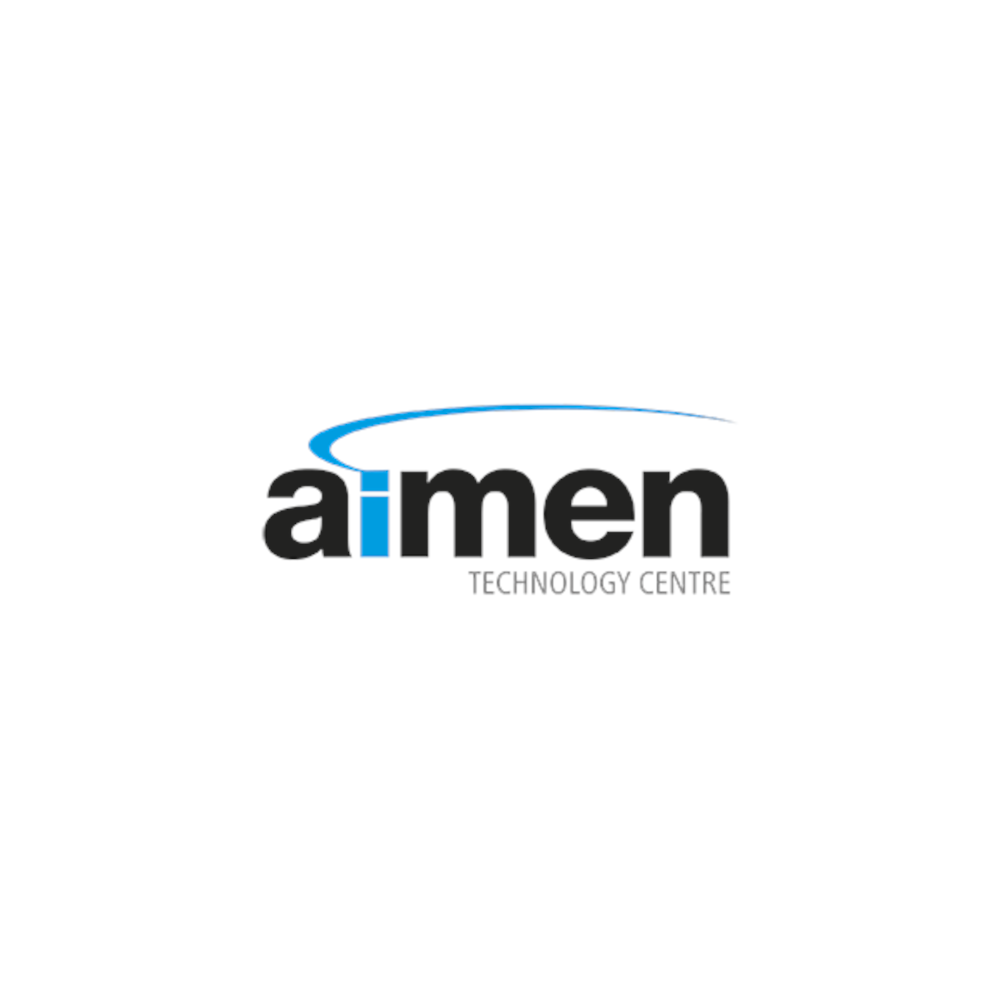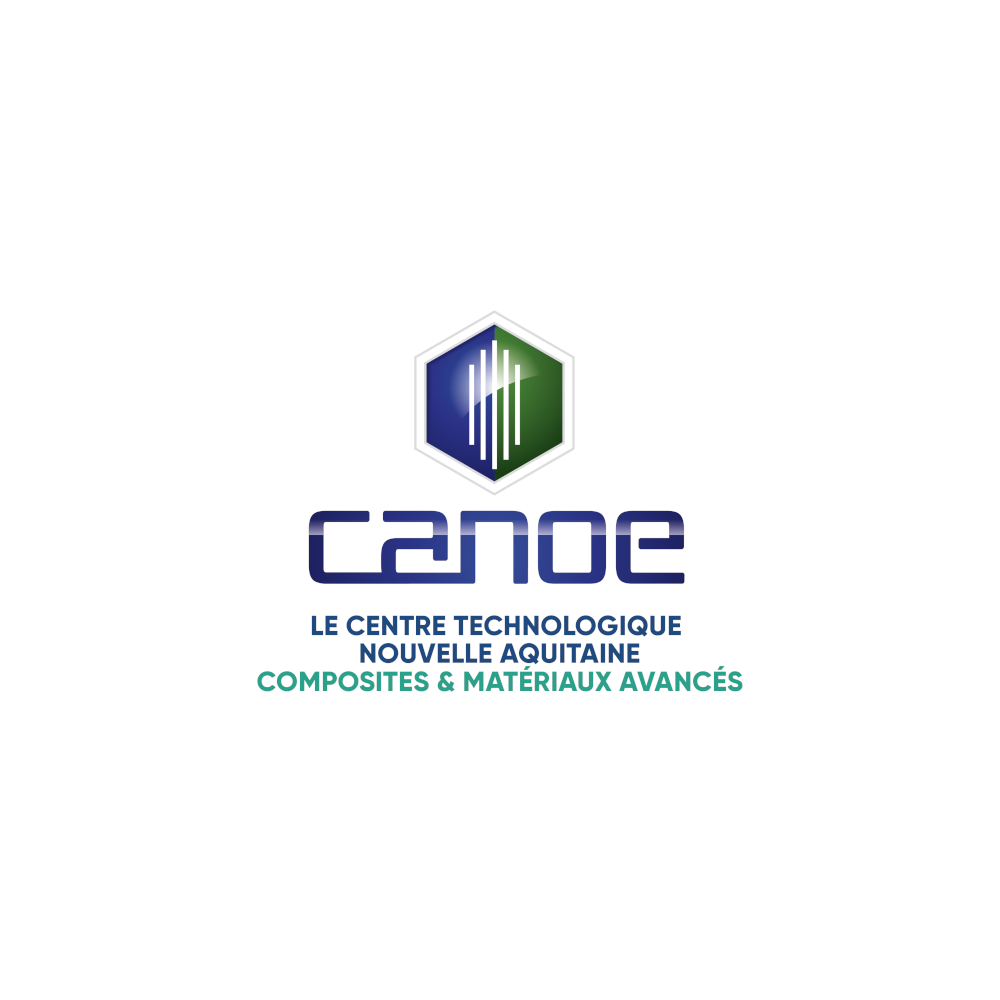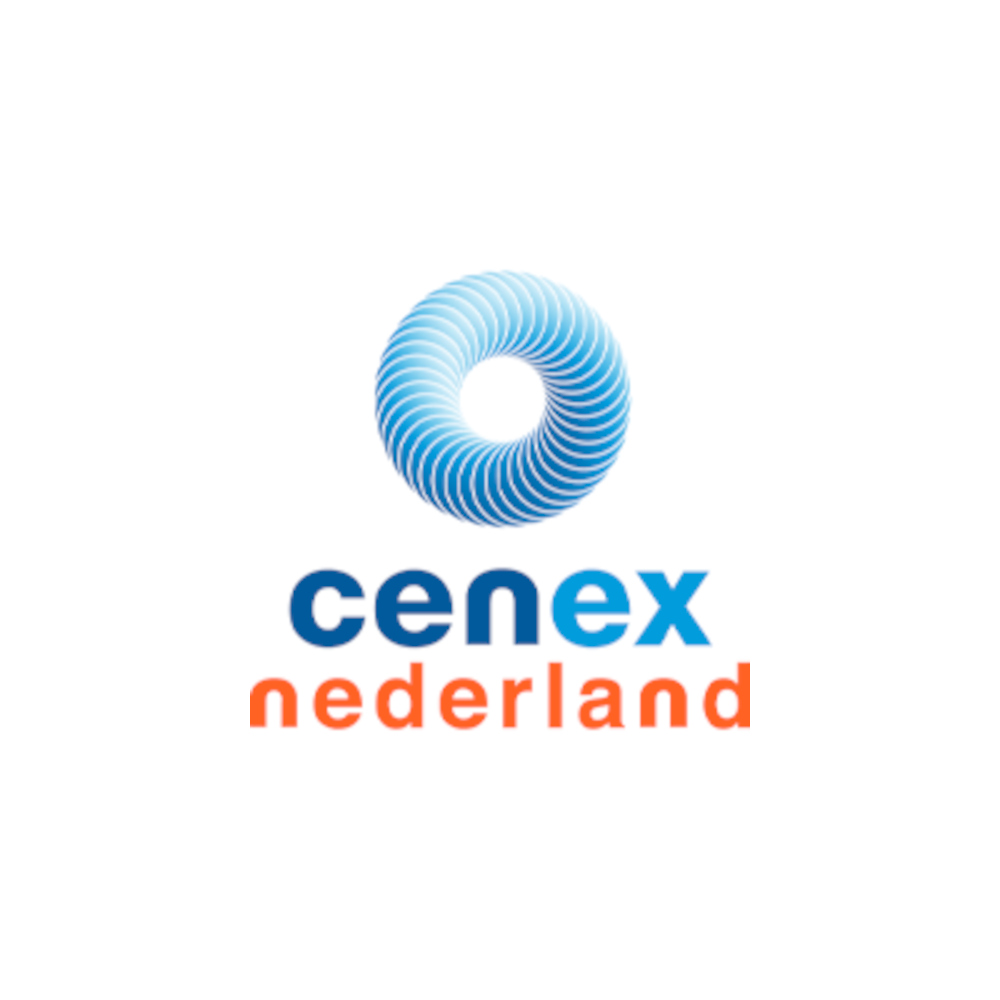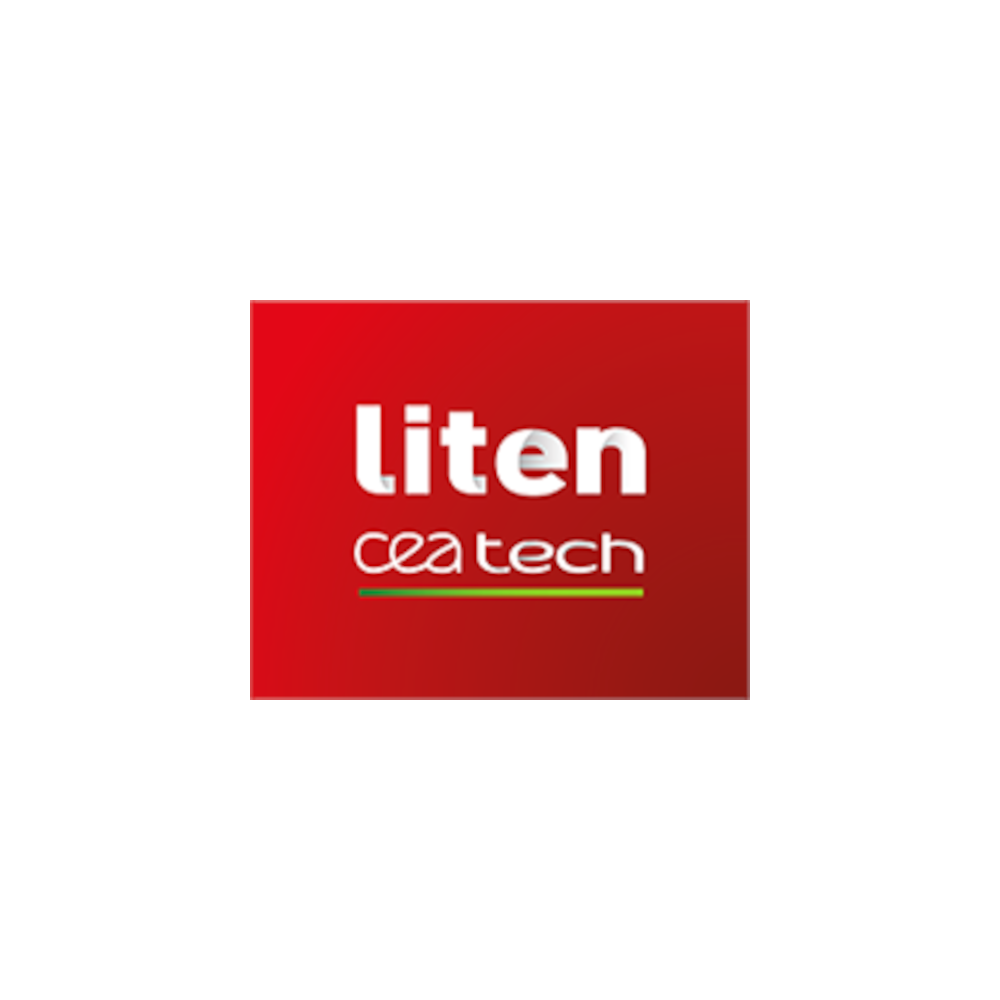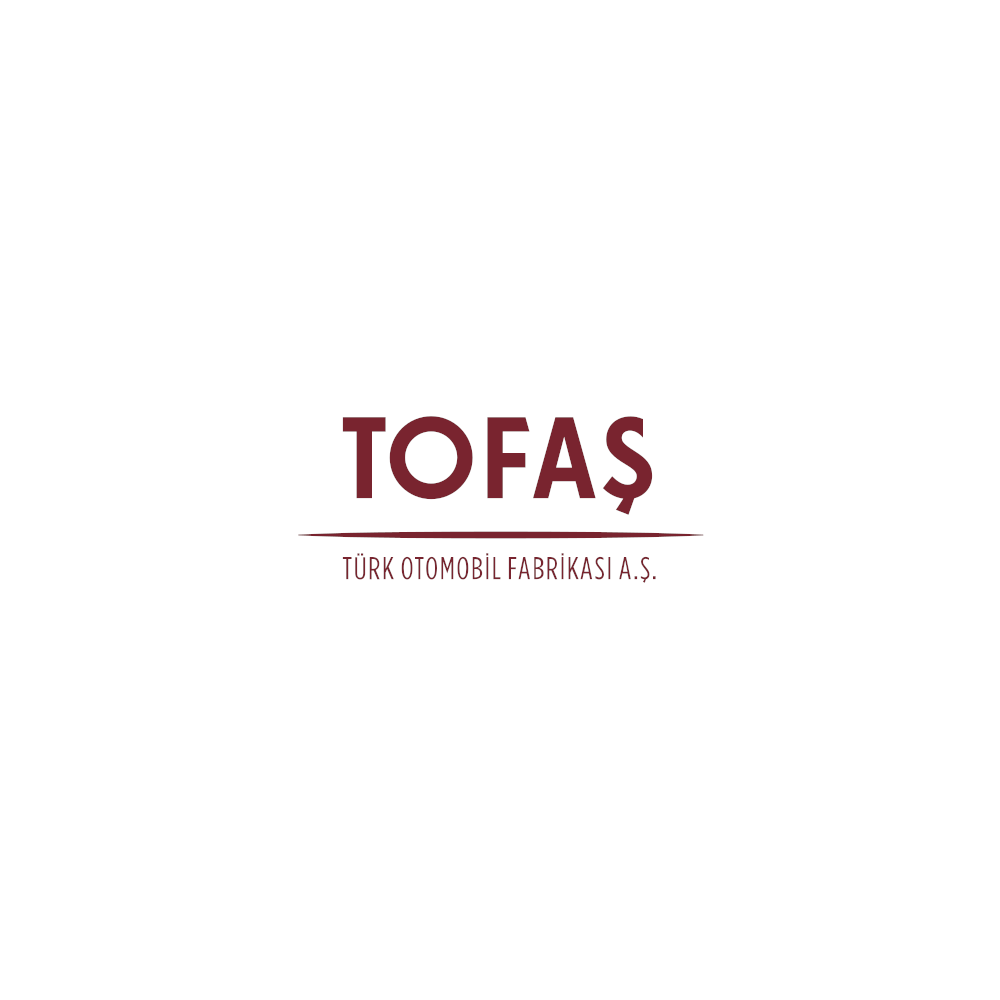Instituto Tecnológico de Aragón (ITA)
3 years
February 2021
€4,9 million
Goal
The aim of the LEVIS project is to achieve a 20-40% reduction in vehicle weight using sustainable processes at the same final cost, through the optimised use of advanced lightweight materials.
Multi-material solutions based on thermoplastic carbon fibre composites integrated with metals will be used. Thanks to their specific mechanical properties, these composites, properly combined with metals, are ideally suited to lightweight applications.
Economically viable production processes, optimised component assembly processes, advanced simulation methodologies and material health monitoring technologies will also be implemented.
The combination of these developments will result in lightweight, affordable and environmentally-friendly parts, with no compromise on mechanical performance, structural integrity or reliability, and even improved service life.
CANOE’s activities will involve developing
– Biosourced carbon fibres for the manufacture of semi-finished products and composite parts.
– A process for the continuous impregnation of carbon fibres intended for the manufacture of dry preforms using the ATL (Automated Tape Layup) deposition process.
– A carbon fibre tape impregnated with a thermoplastic acrylic matrix.
– A thermoplastic acrylic resin formulation for the RTM (Resin Transfer Molding) process adapted to hybrid composite/metal assembly.
An innovative pultrusion process to improve the production of carbon fibre-reinforced acrylic thermoplastic profiles.
LEVIS
One of the major challenges currently facing the automotive industry is the massive switch from combustion engine cars to electric cars. One of the problems faced by equipment manufacturers is the weight of the cars and the resulting short range in terms of kilometres. As electric cars are powered by heavy batteries, equipment manufacturers are looking for new technologies to compensate for this excess weight and make cars lighter, while increasing battery life.
LEVIS, a HORIZON 2020 project funded by the European Union, aims to meet this challenge by developing lightweight components for these electric vehicles using eco-design and circular economy approaches.
The consortium, made up of 13 partners from 7 different countries, plans to demonstrate the technical and economic feasibility of producing these components using full-scale demonstrators:
– A suspension control arm, used to allow the wheel to move along the vertical axis and rotate around this axis when steering.
– A battery box, which contains the battery modules and protects them during operation and in the event of an accident.
– A battery module housing, which is a mechanical enclosure for the cells. The main function of the housing is to provide thermal, mechanical and electrical protection for the cells and to ensure electrical distribution via the busbar system.
– A car cross beam, which is a structural component in the dashboard area.
Partners


